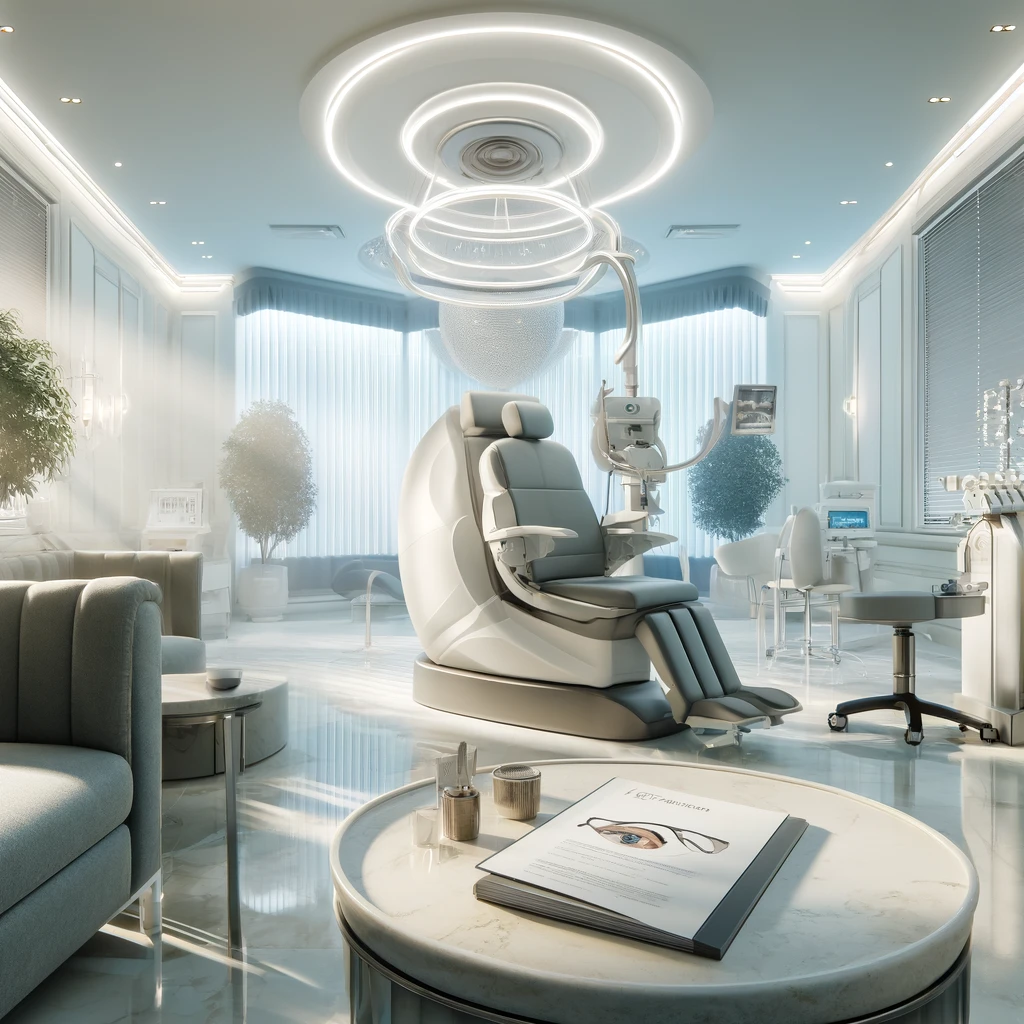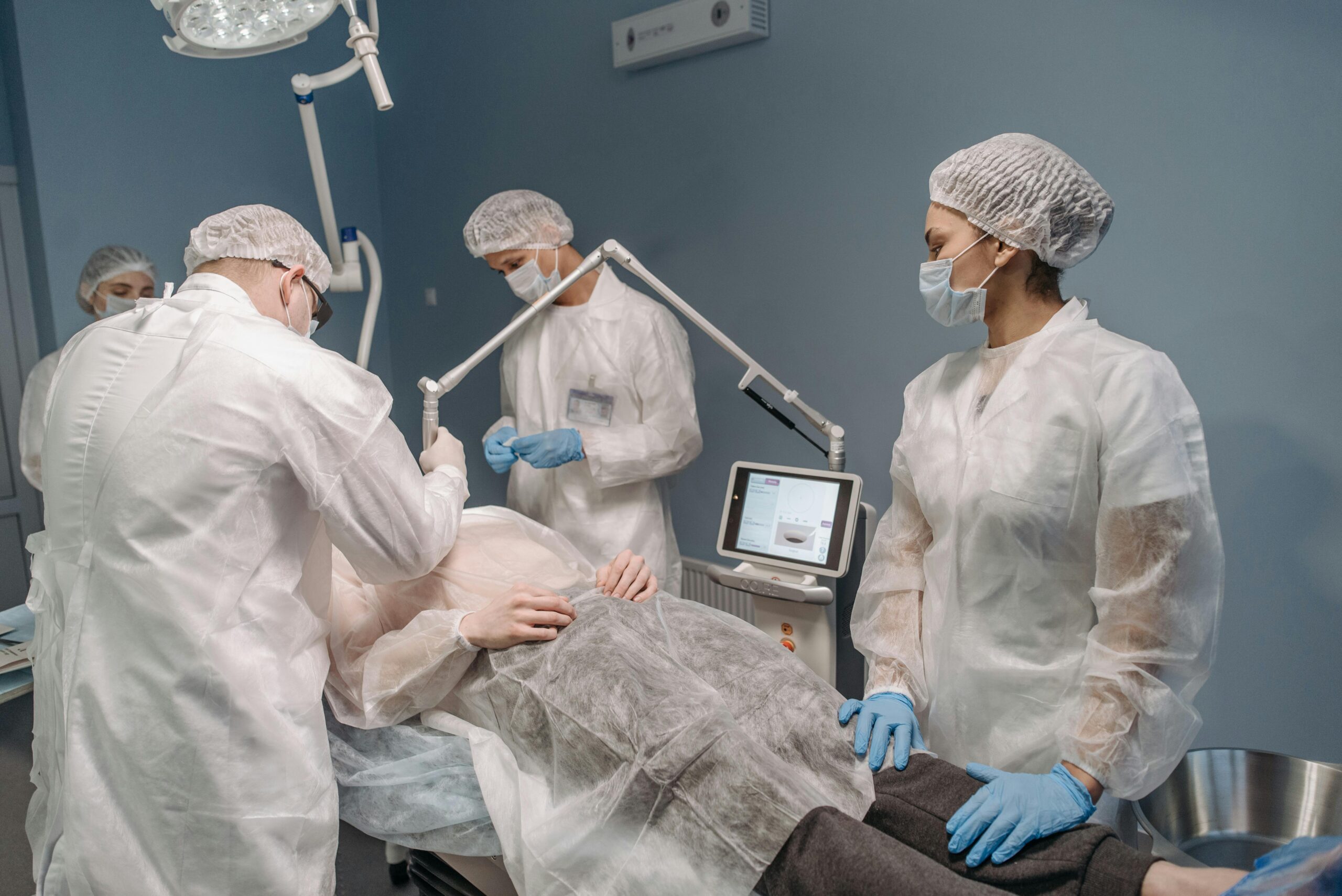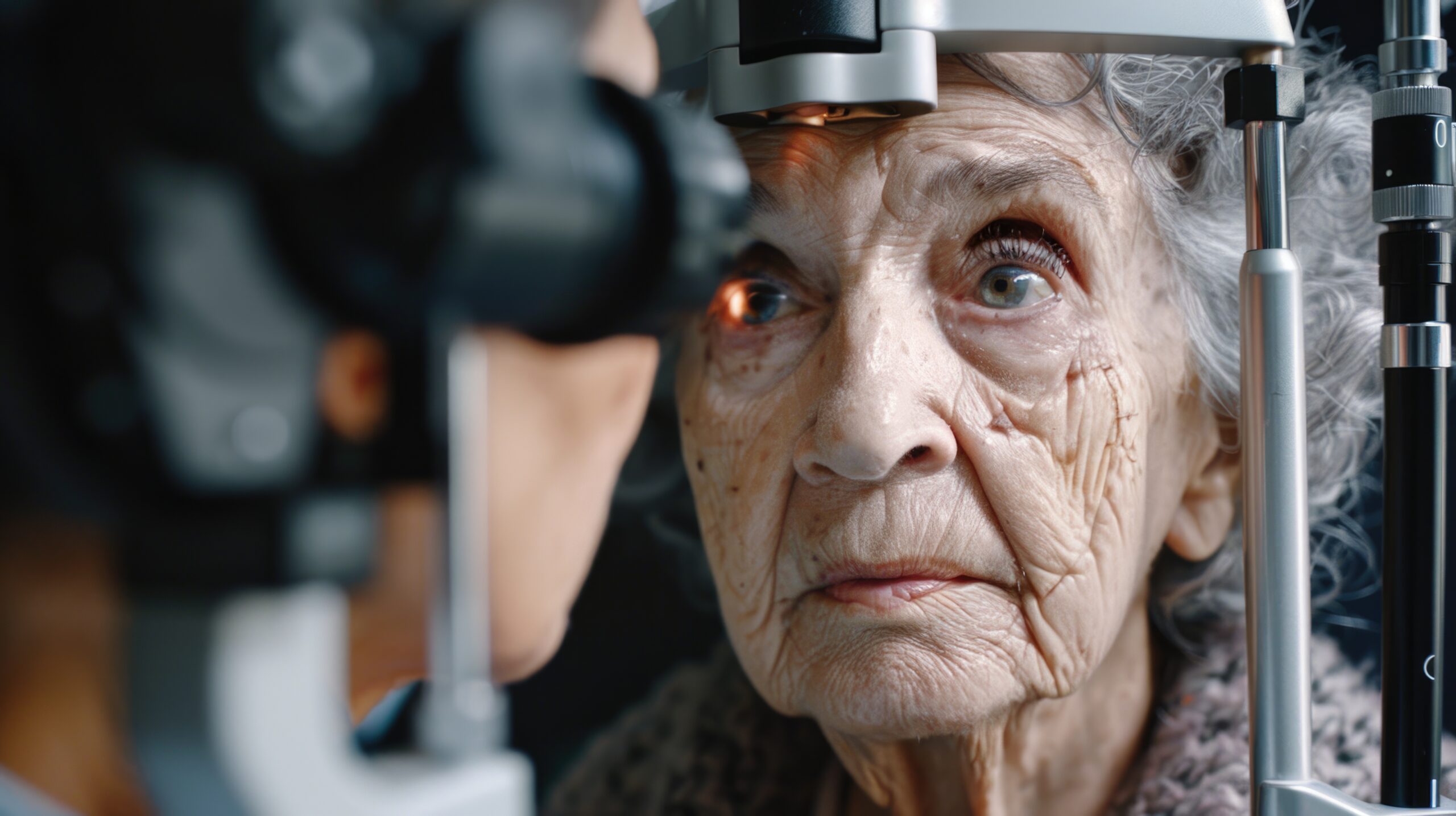Undergoing a consultation and discovering that you’re eligible for laser eye surgery can feel transformative. If you have any doubts, explore the testimonials on our website to learn how Precision Vision London’s expert surgeons and state-of-the-art technology have dramatically improved the lives of many.
However, before you envision a new life without glasses or engaging in sports like karate, it’s crucial to be aware of potential risks associated with laser eye surgery. Below, we outline some important risks every prospective patient should consider:
1. Choosing the Right Laser Eye Surgeon and Clinic
While many laser eye surgery providers offer persuasive brochures, remember, you’re dealing with your vision—perhaps your most vital sense. It’s imperative to conduct thorough research to find a surgeon renowned for their expertise and a clinic equipped with advanced technology.
Not all surgeons or surgical techniques are created equal. If you’re hesitant about the importance of diligent research in selecting the right provider, a quick search on YouTube for “laser eye surgery complications” should underline the necessity. The quality of your future vision depends significantly on this choice.
Read More: Laser Eye Surgery vs Lens Replacement Surgery: Choosing the Right Vision Correction Procedure
Discover more about Precision Vision London’s internationally acclaimed surgeons and read about us in a recent feature by a leading publisher on our pioneering surgical techniques and technology.
2. Managing Dry Eye After Surgery
Post-operative dry eyes are a common temporary side effect of LASIK eye surgery. This condition stems from the need for superficial nerve endings in the cornea to heal and regenerate, which can take six to twelve weeks. During this period, patients may experience reduced tear production. If dry eyes persist, it may indicate an underlying issue that was not addressed before the surgery, emphasising the importance of a comprehensive pre-operative assessment.
3. Vision Halos and Glare Post-LASIK
After LASIK, some patients may notice halos or glare when looking at lights. This is typically due to fluid that disrupts the corneal adjustment. These effects usually diminish as the fluid resolves. However, permanent vision issues like halos or poor night vision can occur if the surgery is performed with outdated technology or by an inexperienced surgeon. Advanced wavefront technology, used routinely at Precision Vision London, minimises such risks.
4. Infection Risks Following Surgery
Although infections are rare with high-quality surgical procedures, the risk, albeit minimal, exists. At Precision Vision London, we utilise the Advanced Wavefront Intralase LASIK procedure, known for its low infection rates. Our commitment to using only established, internationally recognised surgical protocols further mitigates this risk.
5. Avoiding Corneal Ectasia
Ectasia is a condition where the cornea becomes progressively unstable and starts to protrude after surgery, often necessitating corrective glasses. To prevent this, Precision Vision London employs sophisticated corneal mapping and biomechanical assessments during the consultation phase to ensure that each patient is a suitable candidate for laser surgery.
Read More: Eye Spy: Safer laser eye surgery with the latest eye-tracking technology
6. Flap Complications with Modern Technology
Our lead surgeon and laser expert; Dr CT Pillai was among the first in the UK to adopt blade-free Wavefront laser technology, setting standards that ensure precision and reduce the risks of flap irregularities.
Connect with Precision Vision London Today
Are you considering laser eye surgery? Speak with one of our experienced and friendly customer care advisors to discuss your options.











